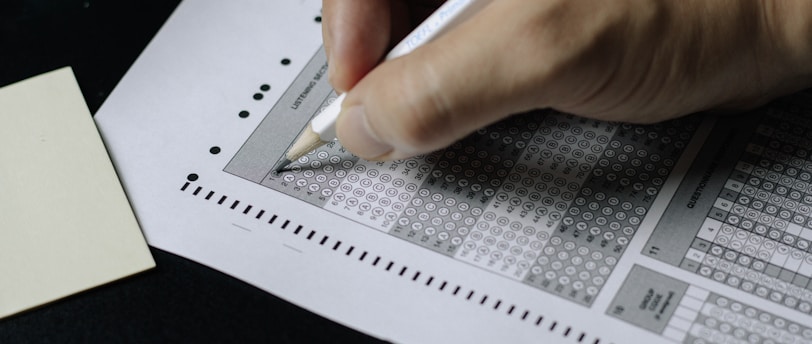South Africa Adopts the Drug-Free Sport Amendment Bill: A Milestone in Combating Doping in Sports


South Africa Adopts the New Drug-Free Sport Amendment Bill
In a significant step towards promoting fair and clean competition, the South African government has recently adopted the Drug-Free Sport Amendment Bill. This bill was approved by the committee after only four months of rigorous deliberation and consultation. The implementation of this legislation marks a crucial milestone in the country's ongoing efforts to combat doping in sports and uphold the principles of integrity and fairness.
Background and Purpose of the Amendment Bill
The Drug-Free Sport Amendment Bill is an extension of the existing South African Institute for Drug-Free Sport Act. The primary objective of this amendment is to strengthen the legal framework and enhance the capabilities of the South African Institute for Drug-Free Sport (SAIDS) in its fight against doping in sports. The bill aims to provide SAIDS with the necessary tools and authority to effectively detect, deter, and penalize individuals involved in doping activities.
By adopting this amendment bill, South Africa is sending a clear message that it is committed to ensuring a level playing field for all athletes and maintaining the integrity of its sporting events. The government recognizes the detrimental impact of doping on the reputation of sports and the well-being of athletes, and is taking proactive measures to address this issue.
Key Provisions of the Drug-Free Sport Amendment Bill
The newly adopted amendment bill introduces several important provisions that will strengthen the anti-doping efforts in South Africa:
- Expanded Testing and Investigation Powers: The bill grants SAIDS the authority to conduct more comprehensive and frequent testing of athletes, both in and out of competition. It also empowers SAIDS to investigate suspected doping cases more thoroughly, ensuring that no stone is left unturned in the pursuit of fair play.
- Stricter Penalties: The amendment bill introduces stricter penalties for athletes found guilty of doping. These penalties include longer bans from competition, fines, and potential criminal charges for individuals involved in the distribution and supply of banned substances.
- Education and Awareness Programs: The bill emphasizes the importance of education and awareness in preventing doping. It mandates SAIDS to develop and implement comprehensive education programs to educate athletes, coaches, and support personnel about the risks and consequences of doping.
- International Cooperation: The amendment bill recognizes the need for international cooperation in the fight against doping. It enables SAIDS to collaborate with international anti-doping organizations and share information and resources to combat the global issue of doping in sports.
The Way Forward
The adoption of the Drug-Free Sport Amendment Bill is a significant step towards creating a clean and fair sporting environment in South Africa. However, the success of this legislation relies not only on its implementation but also on the collective efforts of all stakeholders involved. Athletes, sporting federations, coaches, and the general public must actively support and adhere to the principles of fair play and integrity.
Furthermore, ongoing monitoring and evaluation of the effectiveness of the amendment bill will be crucial in identifying any gaps or areas for improvement. Regular reviews and updates to the legislation will ensure that South Africa remains at the forefront of the global fight against doping in sports.
In conclusion, the adoption of the Drug-Free Sport Amendment Bill in South Africa is a significant milestone in the country's commitment to promoting fair and clean competition. This legislation sends a strong message that doping will not be tolerated, and that the integrity of sports must be upheld at all costs.




